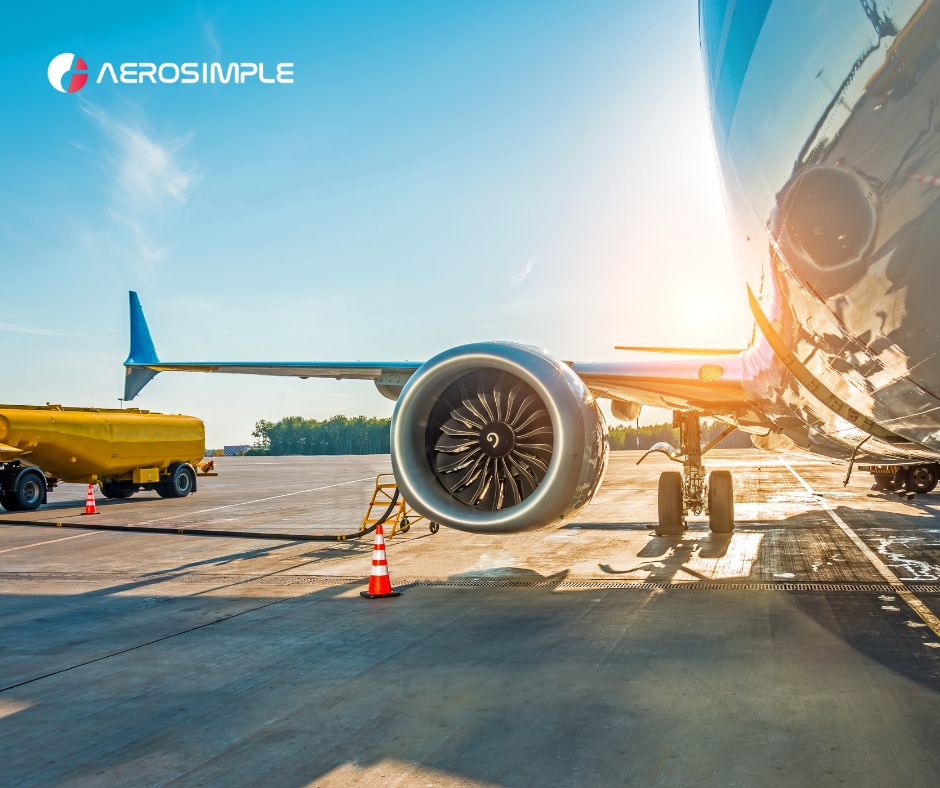Pioneering the Transformation of Airports: Technology and Sustainable Design
.png)
The evolution of airports is brimming with potential, driven by rapid advancements in technology and innovative design strategies. As air travel continues to grow, airports must adapt to meet new challenges and expectations. From smart technologies to sustainable designs, the transformation of airports is reshaping the way we travel and experience these crucial hubs of connectivity.
Smart Airports: Embracing the Digital Transformation
The digital transformation of airports is already underway, with smart technologies leading the way. The Internet of Things (IoT) is revolutionizing airport management by using sensors and connected devices to collect real-time data on various aspects, from passenger flow to equipment status. This data allows airport operators to make informed decisions, optimize resources, and address potential issues proactively.
Additionally, Artificial Intelligence (AI) and machine learning are enhancing airport operations by enabling predictive maintenance, improving security, and personalizing passenger experiences. AI analyzes patterns to predict equipment failures, reducing downtime and facilitating timely maintenance, while machine learning algorithms enhance security by identifying suspicious behavior and improving threat detection.
Comprehensive software solutions that integrate these smart technologies are crucial for efficient airport management. Platforms that consolidate functions such as noise monitoring, wildlife and birdstrike reporting, and Foreign Object Debris (FOD) logging into a single, user-friendly interface help airports operate more efficiently and safely. An effective Airport Safety Management System (SMS) and robust Airport Operations Management capabilities enhance these functions by providing a framework for managing safety risks and optimizing daily airport activities, ensuring a well-managed and secure environment.
Sustainable Design: Building Green Airports
Sustainability is a key focus for modern airports, driven by increasing environmental awareness and the need to adopt green design principles. Modern airports are being designed with energy efficiency in mind, incorporating renewable energy sources like solar panels, and utilizing energy-efficient lighting and HVAC systems. These measures significantly reduce the carbon footprint of airports and support global sustainability goals.
Additionally, sustainable construction materials such as recycled steel and low-emission concrete are increasingly used, which helps reduce environmental impact and enhance the overall sustainability of airport infrastructure.
Green spaces within airports, such as rooftop gardens, green walls, and indoor plants, enhance aesthetics, improve air quality, and provide a more pleasant environment for passengers. These features contribute to a more sustainable and enjoyable travel experience, reflecting the growing commitment to environmentally friendly airport design.
Passenger Experience: Enhancing Comfort and Convenience
Improving the passenger experience is central to the evolution of airports, with technology and design innovations making air travel more comfortable and enjoyable. Streamlined check-in and security processes, facilitated by biometric technologies such as facial recognition and fingerprint scanning, help passengers move through airports more quickly and with fewer hassles, enhancing both efficiency and security.
Modern airports are also becoming vibrant hubs of activity, offering a wide range of amenities including luxury lounges, wellness centers, shopping, and dining options to cater to the diverse needs of travelers.
Additionally, personalized services, driven by AI and mobile apps, provide real-time flight updates and tailored recommendations for dining and shopping, making it easier for passengers to navigate airports and enjoy a customized travel experience.
Aerosimple's Solutions: Leading the Way in Airport Innovation
Aerosimple is at the forefront of airport technology, providing advanced software solutions that enhance efficiency and safety. Our platform integrates seamlessly with existing systems to offer:
- Noise Monitoring: Tracks and reports noise levels to ensure compliance and minimize environmental impact.
- Wildlife and Birdstrike Reporting: Manages and monitors wildlife interactions to prevent birdstrikes and enhance safety.
- Foreign Object Debris (FOD) Logging: Detects and manages debris on runways to maintain a safe operational environment.
Apart from these, we offer many other solutions designed to optimize airport operations and management, through our Airport Operations Management Software which includes Airport Operations, CMMS/Work Orders, Asset Management, Safety and Security, Operations Management, Gate Management, Lease and Tenant Management, Permit Management, Learning Management System (LMS), Daily Logs, Analytics, Commercial, and ARFF (Aircraft Rescue and Firefighting). These solutions work together to support comprehensive airport functionality, enhance safety protocols, streamline maintenance, and contribute to sustainability efforts.
Conclusion
The evolution of airports is driven by advancements in efficiency, sustainability, and passenger experience. Aerosimple is at the forefront of this transformation, offering a comprehensive Airport Operations Platform that digitizes processes and leverages advanced analytics. Our scalable solutions streamline operations and future-proof airport infrastructure, ensuring that airports meet current demands and adapt to future trends. Discover how Aerosimple can enhance your airport's efficiency and readiness for the future. Contact us today to schedule a demo and start your 30-day trial.
































